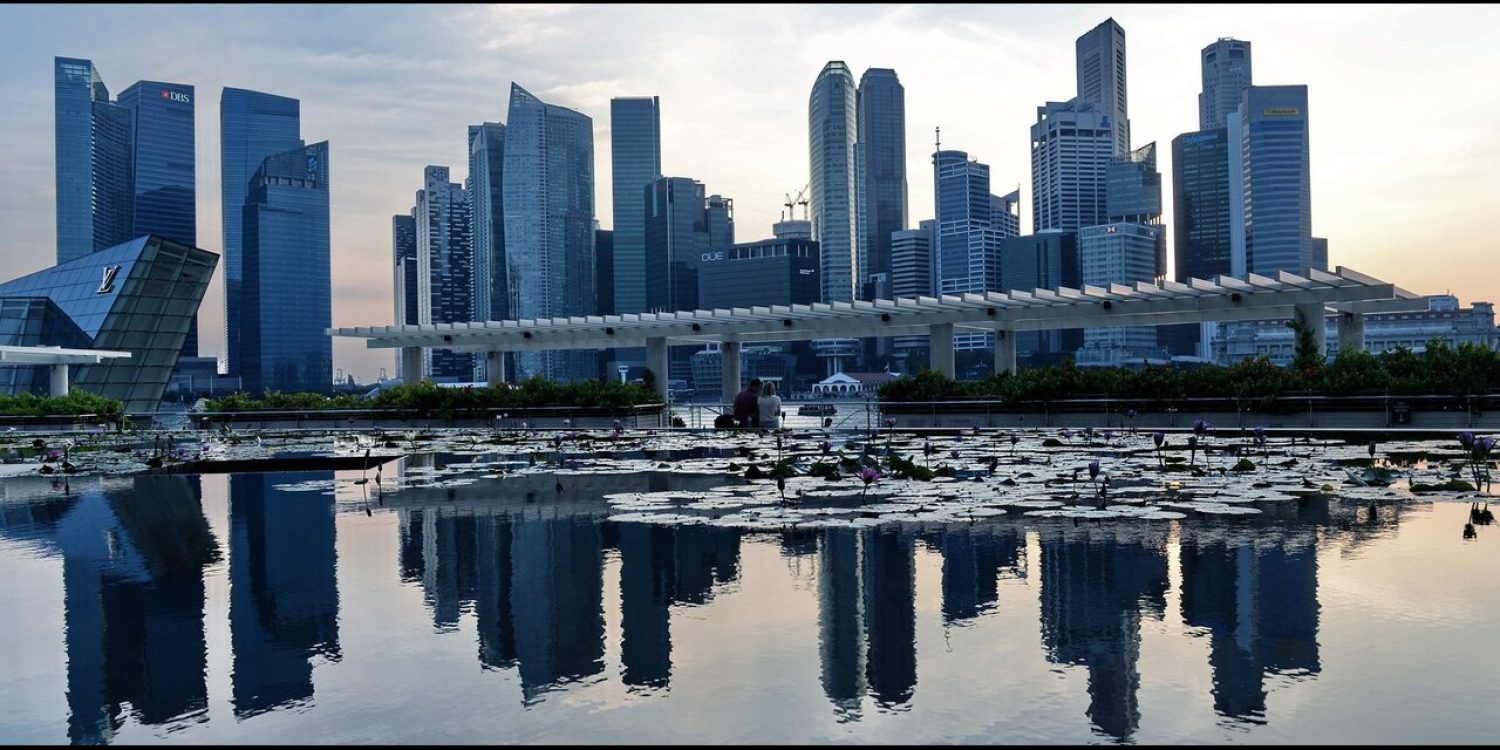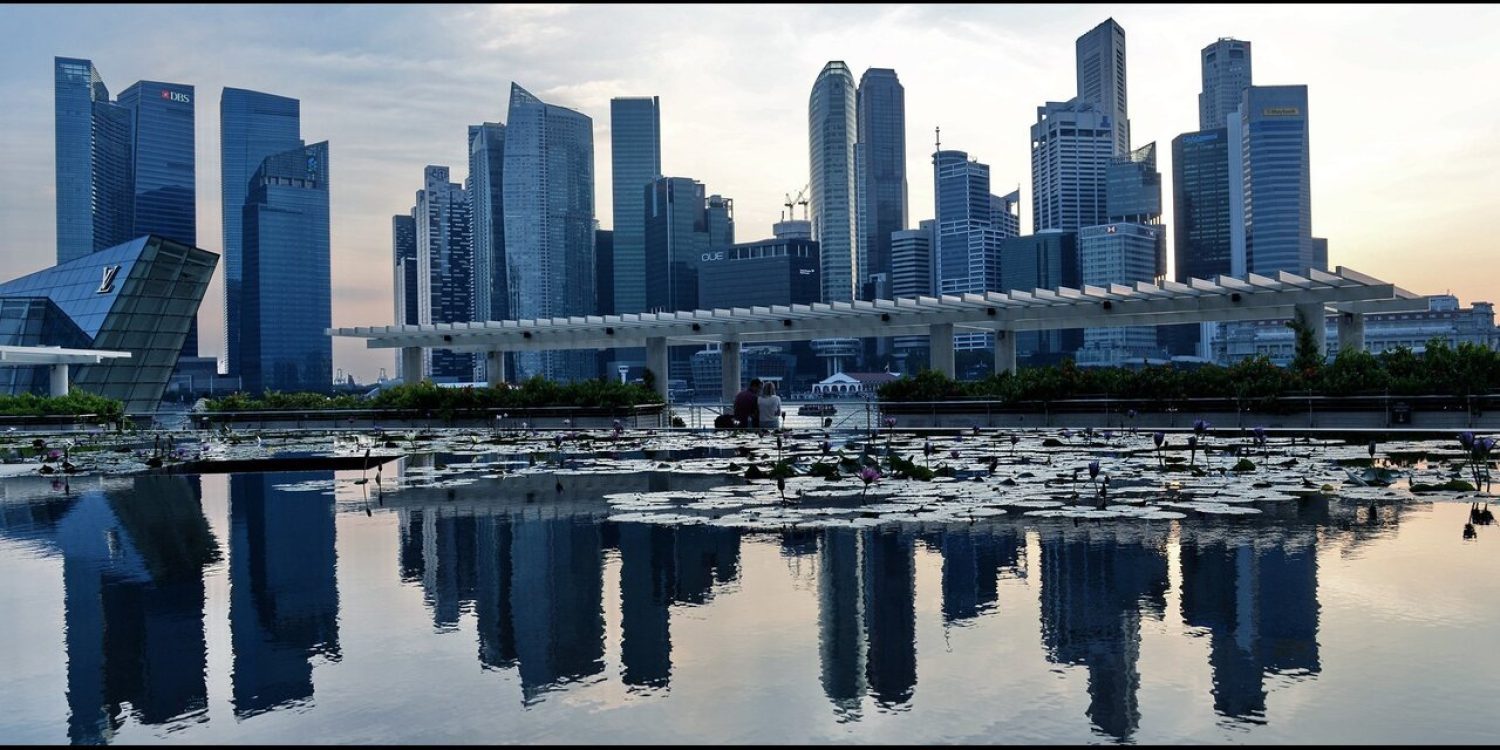As Singapore commemorates its five decades of independence and remarkable growth, the pivotal role played by Permanent Residents (PRs) in the nation’s building and development emerges as a significant narrative. Since gaining independence in 1965, Singapore has transformed from a fledgling nation facing economic uncertainty to a global hub known for its economic prowess, technological advancements, and social harmony. The contributions of PRs have been integral to this journey, shaping the dynamic landscape of the Lion City.
Diversity Driving Progress: 1965-1980
In the early years of nation-building, Singapore faced the challenge of forging a unified identity from its diverse population. PRs, drawn by economic opportunities and stability, played a crucial role in contributing to various sectors. The government’s open-door policy during this period welcomed skilled professionals, fostering a culture of diversity that laid the foundation for Singapore’s success.
PRs, with their diverse backgrounds and expertise, significantly influenced the economic landscape. Many brought with them valuable skills that contributed to the nascent manufacturing and services industries. Their impact was particularly felt in areas like finance, manufacturing, and technology, helping Singapore establish itself as a regional economic powerhouse.
Economic Boom and Social Harmony: 1980-2000
The 1980s marked a period of economic transformation and rapid industrialization. Singapore evolved into a global financial center, and the role of PRs became increasingly crucial in sustaining this growth. The city-state attracted professionals from around the world, drawn by the promise of a burgeoning economy and a high quality of life.
PRs contributed not only to economic prosperity but also played a vital role in shaping Singapore’s social fabric. Their presence added layers of diversity to the multicultural society, fostering an environment of cross-cultural understanding and collaboration. This era saw the beginnings of a harmonious coexistence between citizens and PRs, laying the groundwork for a unified nation.
Technological Advancements and Globalization: 2000-2020
As the world entered the 21st century, Singapore faced the challenges and opportunities brought about by globalization and rapid technological advancements. PRs continued to be at the forefront of this transformative period, driving innovation and contributing to the knowledge-based economy.
The government, recognizing the importance of attracting global talent, implemented policies to streamline the PR application process and facilitate the integration of skilled professionals. PRs became integral to Singapore’s reputation as a hub for research, innovation, and technology, contributing to advancements in sectors such as biotechnology, finance, and information technology.
Navigating Challenges: 2020 Onwards
In the most recent years, Singapore, like the rest of the world, faced unprecedented challenges such as the global pandemic and economic uncertainties. The role of PRs became even more pronounced as they played key roles in maintaining economic resilience and stability. The government implemented measures to support the community, recognizing the collective efforts of citizens and PRs in overcoming challenges.
Moreover, as Singapore’s population ages and faces demographic shifts, the contributions of PRs in various sectors, especially healthcare and social services, become increasingly significant. PRs are essential in addressing the evolving needs of the nation and ensuring a sustainable and inclusive future.
Building Bridges and Fostering Inclusion
The story of Singapore’s last 50 years is not just one of economic growth but also a testament to the successful integration of PRs into the social fabric. They have played a critical role in building bridges between different communities, fostering a sense of inclusivity, and contributing to the unique multicultural identity of the nation.
The government’s commitment to social integration has been evident through initiatives promoting shared values, language programs, and community engagement activities. PRs have actively participated in these efforts, creating a sense of belonging and shared responsibility in nation-building.
Conclusion: A Shared Destiny for Singapore
The last 50 years of Singapore’s nation-building and development underscore the integral role played by PRs in shaping the city-state’s trajectory. From economic growth to social harmony and technological advancements, PRs have been catalysts for progress, contributing their skills, diversity, and perspectives to the dynamic tapestry of Singaporean society. As the nation looks towards the future, the continued collaboration between citizens and PRs remains fundamental in steering Singapore towards sustained success and prosperity.















